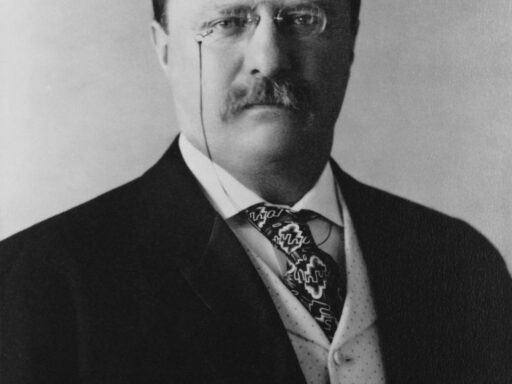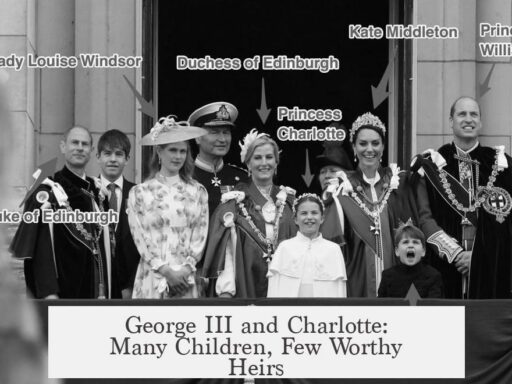The Brothers Grimm compiled their tales from a range of sources including oral folklore, previously published collections, and stories told by people from various social classes. They were fully aware that their work preserved German cultural heritage, reflecting nationalist and romantic ideals of their time.
The Brothers Grimm initiated their folktale collection with material from previously published sources, some originating from French collections. However, subsequent editions removed most foreign elements to focus more closely on German culture. Their core collection effort centered on actively gathering folklore directly from oral traditions within Germany. Many stories came from peasants, reflecting authentic folk speech and narrative style.
They also sourced tales from middle-class and aristocratic acquaintances. Notable informants included Dorothea Viehmann, who descended from French Huguenots, and Wilhelm Grimm’s wife Dorothea Wild. These contributors helped broaden the collection beyond rural stories, providing versions of tales influenced by urban and middle-class contexts. This diversity enriched the Grimm corpus with variants reflecting different facets of German-speaking society.
The brothers sought to capture the “pure” voice of the German people. Their goal was to preserve oracular poetry and genuine storytelling, rather than creating fanciful romantic tales. The collected stories aimed to convey the imagination, beliefs, and soul of the German people through the centuries, striving for an authentic representation of folk narrative tradition.
They understood that the German lands were fragmented and under cultural threat during the Napoleonic era. Germany was then composed of independent states, and German language and folklore faced pressures from modernization, urbanization, and foreign influence. The Grimms viewed their work as a safeguard for fading cultural elements and a means to strengthen national identity.
Philosopher Johann Gottfried Herder’s ideas heavily influenced the brothers. Herder believed folklore encapsulated the “national soul” and that retrieving folk stories was essential to revitalize German cultural identity. The Brothers Grimm embraced this philosophy, producing collections that contributed to a nationalist movement that valued folklore as foundational to a people’s character and history.
Even tales with debated origins, like “Little Red Riding Hood,” were included because they were believed to reflect German culture or values. This selective curation ensured the collection asserted a distinctly German heritage. Jacob Grimm emphasized this intent, stating, “All my works relate to the Fatherland, from whose soil they derive their strength.”
The brothers also connected their folkloric work to broader studies of language, law, and antiquities, viewing folklore as a key part of understanding their nation’s past and present. Jacob Grimm remarked on his desire to exalt his native land by highlighting overlooked linguistic and cultural elements. They hoped their books would influence both their contemporaries and future generations.
The Grimms did not romanticize returning to the past. Instead, they treated folk poetry as authentic and continuing expression of human experience, encapsulating eternal joys and sorrows. Their work was both preservation and revitalization, aimed at inspiring respect for the cultural core of Germany.
| Source of Tales | Description |
|---|---|
| Previously published folktale collections | Early editions included a few tales from French collections, later removed to focus on German tales. |
| Oral folklore from peasants | Directly collected stories told by rural folk, capturing authentic narrative traditions. |
| Middle-class and aristocratic informants | Stories obtained from acquaintances such as Dorothea Viehmann, adding social breadth. |
- The brothers collected stories from oral and literary sources.
- They focused on authentic German tradition, often removing foreign tales.
- The preservation of German culture and identity was a central motivation.
- Influenced by Herder and romantic nationalism, they aimed to encapsulate the national soul.
- They regarded folk poetry as the true expression of people’s enduring hopes and fears.




